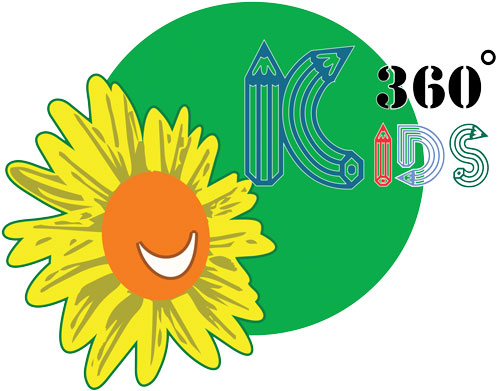Fostering a Positive Attitude
Teachers play a pivotal role in nurturing a positive attitude towards mathematics by:
- Valuing Early Attempts: Recognizing and celebrating children’s initial problem-solving efforts.
- Encouraging Persistence: Motivating children to try new things and engage in problem-solving.
- Promoting a Love of Math: Sharing enthusiasm and appreciation for mathematical discoveries.
Integrated Learning Experiences
Mathematics learning is most effective when it is integrated with other areas of the program. Children are more motivated to solve problems that relate to real-life classroom scenarios. Teachers plan experiences that consider the children’s cognitive, linguistic, physical, social, and emotional development, ensuring activities are appropriate for their developmental stage.
Developmental Aspects of Learning Mathematics
Effective mathematical experiences are based on an understanding of each child’s overall development:
- Cognitive Ability: Children must have the mental capacity to grasp the mathematical concept.
- Language Understanding: They need to comprehend the instructional language and mathematical vocabulary.
- Fine-Motor Skills: Adequate motor control is necessary to manipulate materials.
- Emotional Maturity: Children should be emotionally prepared to handle the activity without frustration.
Strategies for Developing Mathematics Learners
When planning mathematical experiences, teachers include the following elements:
- Activating Prior Knowledge: Encouraging children to use what they already know to solve new problems.
- Engaging in Mathematics: Involving children in hands-on, concrete exploration of mathematical concepts.
- Reflecting on the Process: Helping children think about their problem-solving methods and what they learned.
- Celebrating Learning: Acknowledging and sharing children’s achievements to foster a positive learning environment.
Hands-On and Contextual Learning
Learning experiences are designed to be hands-on and embedded in contexts that interest children. These experiences involve:
- Exploration and Investigation: Allowing children to engage with materials in concrete ways.
- Peer and Teacher Support: Facilitating individual learning through guidance and collaboration.
- Reasoning and Reflection: Encouraging children to think critically, reflect on their learning, and make generalizations.
- Meaningful Representation: Children are prompted to represent their mathematical understanding in ways that make sense to them, whether through drawing, using numbers, or manipulating materials.
Open-Ended Activities
Activities are designed to be open-ended, allowing children to demonstrate their understanding in various ways. For example:
- Creating Patterns: Some children may create patterns but struggle to explain them.
- Sorting Objects: Children might sort items by type but need guidance to articulate their sorting rule.
Engaging in Mathematical Thinking
Children need to engage in doing mathematics, discussing it, listening to others, and sharing their results. Reflecting on their experiences helps them consolidate their learning. Repetition of investigations over time helps identify gaps in understanding, allowing teachers to provide additional support.
Creating an Effective Learning Environment
Teachers support young children’s mathematics learning by:
- Planning Daily Hands-On Experiences: Focusing on particular mathematical concepts.
- Embedding Mathematics in Play: Identifying significant mathematical learning opportunities in daily routines and classroom activities.
- Encouraging Exploration and Inquiry: Providing an environment where children feel comfortable exploring and asking questions.
Conclusion
At 360° Kids Play School, we leverage children’s natural curiosity and prior knowledge to foster a deep understanding of mathematical concepts. Through integrated, hands-on learning experiences and continuous reflection, we help children build a strong foundation in numeracy that will support their future academic success.

